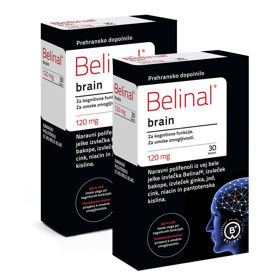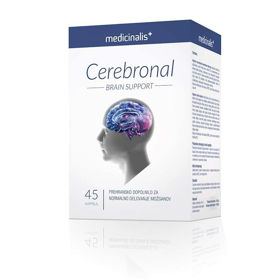Customer question:
What is a silent stroke? Anonymous customer's question
Pharmacist's answer:
A silent stroke (TIA or Transient Ischemic Attack) is a short-term episode that resembles a stroke, but symptoms disappear within minutes to 24 hours, usually within hours. A silent stroke results from a temporary interruption of blood flow to part of the brain. Even though the symptoms disappear, it is essential not to ignore silent strokes, as they can be a significant warning sign that the risk of a severe stroke is increased.
The symptoms of a silent stroke are similar to those of a full stroke:
- numbness or weakness in the face, arm, or leg, especially on one side of the body
- problems speaking or understanding speech
- problems with walking or coordinating movements
A TIA can be a warning sign that blood flow to the brain is compromised and can represent an opportunity to identify and address risk factors that could lead to a full-blown stroke. Risk factors for TIA are similar to those for stroke and include high blood pressure, diabetes, smoking, elevated cholesterol levels, and age.
If you experience symptoms of a TIA or think you may be having a silent stroke, it's essential to seek medical attention right away. The doctor thus assesses your risk of stroke, prescribes appropriate treatment, and advises on measures to prevent recurrence. Prompt medical attention is crucial in preventing possible permanent brain damage that could occur in a full stroke.
Interesting reading: Does stroke reoccur?
Interesting reading: Stroke forum













